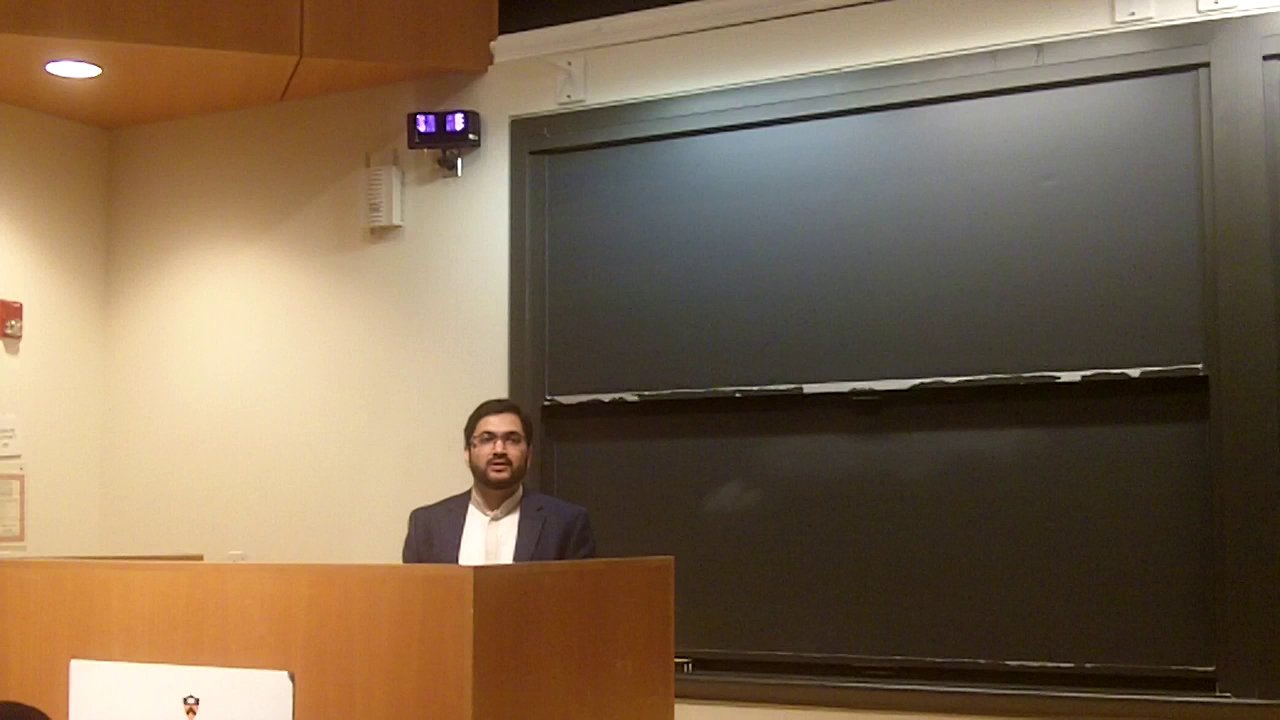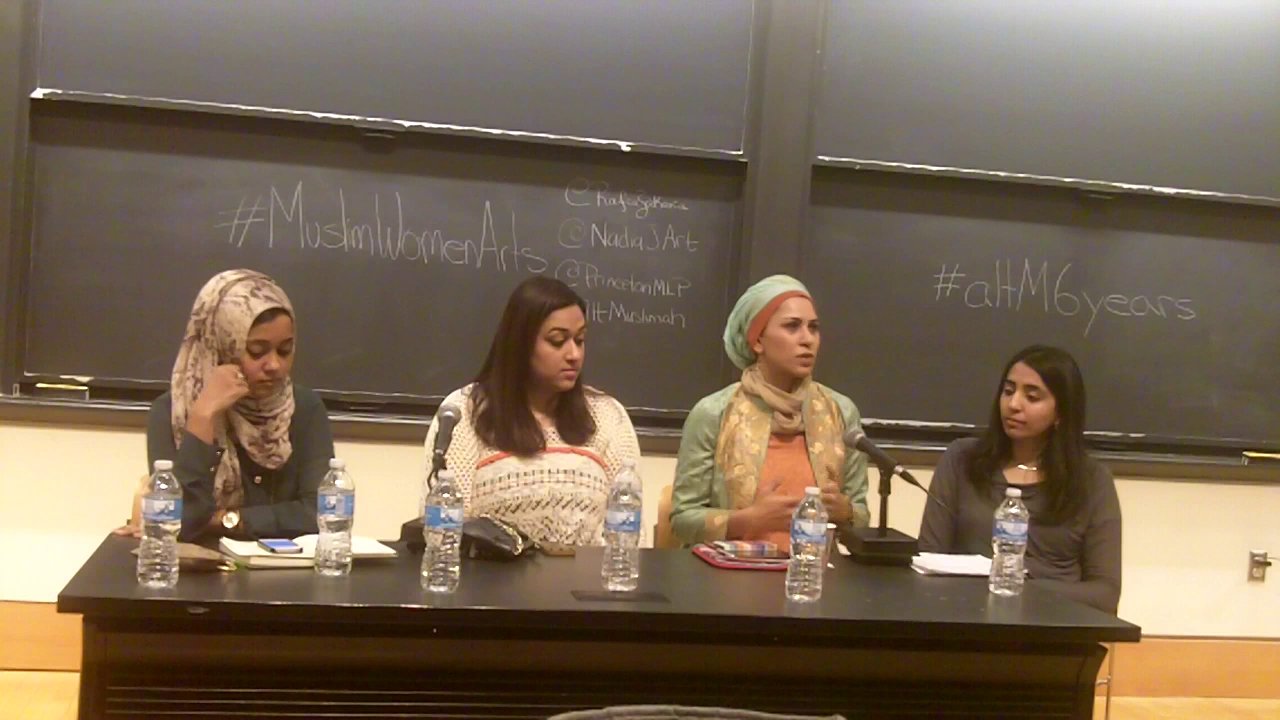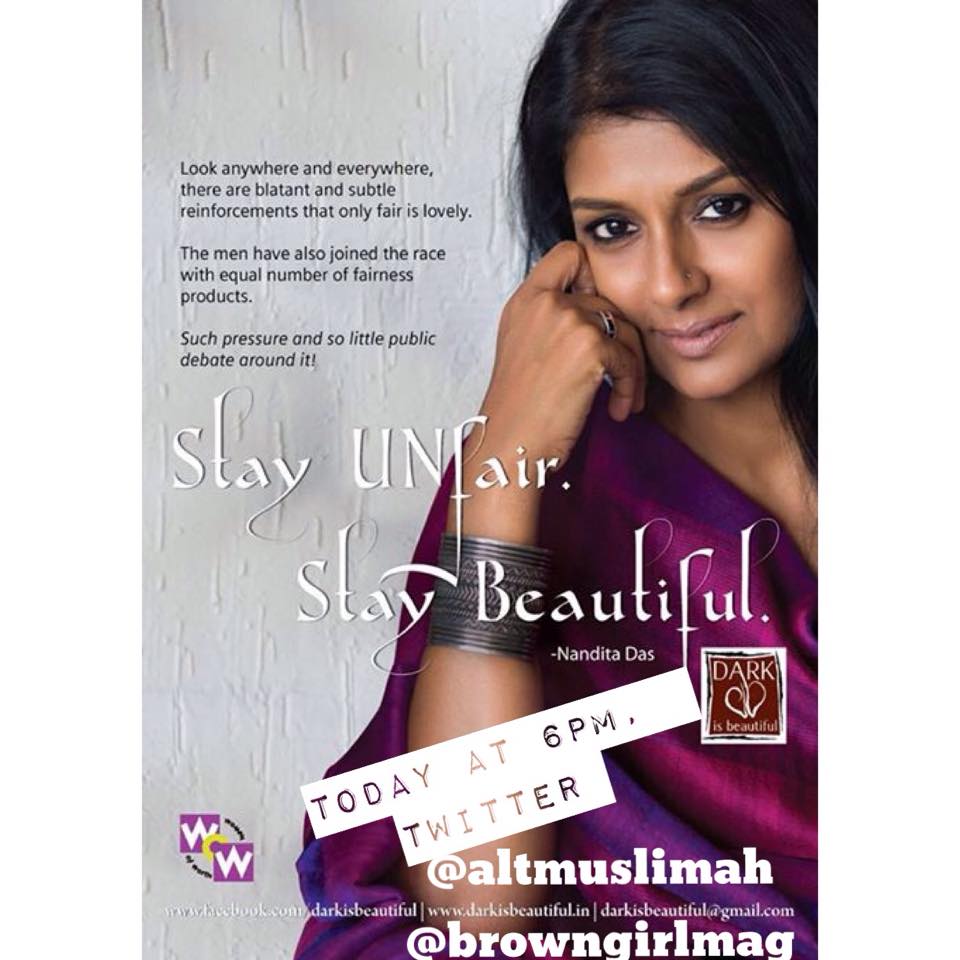Asra Q. Nomani and Souheila al-Jadda discuss divided prayer space in U.S. mosques
Just over a month ago, a group of Muslim women and I strode through the marble courtyard of the Islamic Center in Washington, D.C., just down the street from the vice president’s official residence on the exclusive Massachusetts Avenue, lined with embassies and mansions.
“Down!” a man barked.
“Down where?” responded Fatima Thompson, 45, an American-Muslim convert who lives in the city. “In the grave?”
In fact, the man wanted the women and me to go through a side door designated for women and climb down a stairwell into a basement space reserved for “sisters.” It’s beside the men’s restroom.
My stomach turned. My son, Shibli, 8, was with us, and he had more rights than we as women. We were intent on rejecting second-class status. To me, it amounts to gender apartheid. Our goal was to walk through the front double doors designated for “brothers” and pray in the forbidden space of the opulent musallah, or main hall, of the mosque.
Last year, Thompson launched a “Pray In” campaign in Washington-area mosques, and this was our fourth action . With us, Ify Okoye, 27, a Nigerian-American Muslim convert, and Krysta Camp, 28, an American-Muslim convert, strode forward to reclaim in the 21st century rights that women enjoyed in the 7th century when the prophet Mohammad let women pray in the main hall of his mosque without forcing them behind any partition. During the other pray-ins, mosque officials called D.C. and Fairfax County (Va.) police and threw us out, charging us with trespassing. This time, we got to pray, but we had to hear shouts and insults.
Seeking freedom in the U.S., too
As much of the world cheers the rise of democracy in the public square of the Middle East, it’s time that we see the Arab Spring bloom somewhere equally important: mosques. We should start with mosques in the U.S., and the government should help promote democracy in places of worship by denying non-profit tax-exempt status — called 501(c)3 designation — to places of worship that practice gender inequity, just as they can deny tax-exempt status to places of worship that engage in political activity.
Today, half the population of the Muslim world is discriminated against in most mosques. In a 2001 report titled the Mosque Study Project, national Muslim organizations found that in 1994, 52% of mosques reported women had to pray behind a partition or in another room, and in 2000, the number was 66%.In addition, on average, 75% of regular participants at mosques were men, making them true men’s clubs.
In a 2005 publication, “Women Friendly Mosques and Community Centers,” written by two American-Muslim groups — the Islamic Social Services Associations and Women In Islam — the authors confirmed that “many mosques relegate women to small, dingy, secluded, airless and segregated quarters with their children,” some mosques “actually prevent women from entering,” and others “discriminate against women by denying them the rights of membership, voting, or holding office.” The report, supported by leading national Muslim groups, further noted, “These practices are unjust and degrading,” and they “contradict” the teachings of Mohammad.
To me, they also contradict the spirit of our land. The IRS has ruled that “tax exempt organizations may jeopardize their exempt status if they engage in illegal activity.” Political activity is covered in the “illegal activity” doctrine. Applying this doctrine in 1983, the U.S. Supreme Court upheld a lower court ruling that the IRS could deny Bob Jones University tax exemption because of racial policies at the evangelical Christian university (kicking students out for interracial dating). Tax attorneys say the ruling established public policy that tax-exempt organizations can’t racially discriminate in educational institutions.
Meanwhile, in 1984, in a case against the Jaycees civic organization, the Supreme Court held that a private organization cannot discriminate based on gender.
So far, though, gender rights aren’t protected at places of worship.
“Muslim women are essentially in the same place as Martin Luther King Jr. in the 1950s and 1960s” when the courts hadn’t yet established public policy against racial discrimination, says Marcus Owens, a tax attorney at Caplin & Drysdale and former director of the IRS’ exempt organizations division. It’s the same for our sisters in other faiths.
The fight ahead
Who would stand in the way of reform? Catholic churches, for one, and other places that get exemptions in employment law so they can practice gender inequity (think priest jobs). Alan Goldberger, a non-profit attorney in Millburn, N.J., is a former member of a conservative synagogue that integrates women, but he has attended orthodox Jewish synagogues that segregate women and says that it could be “more prudent with public policy” to enforce non-discrimination in places of worship, but the courts “like to stay away from intervening in the affairs of a private organization.”
Daniel Dalton, 46, a non-profit attorney in Farmington Hills, Mich., says the IRS has taken the position “it’s not going to look at ecclesiastical, doctrinal issues.” He grew up in the Missouri Lutheran Church, which limits women’s roles in leadership positions. “I don’t understand it. I don’t agree with it,” says Dalton. “But that’s a doctrinal issue.”
I understand the difficulties in having the state intervene in worship issues. I believe in a separation of church and state, but I’ve come to the difficult decision that women must use the legal system to restore rights in places of worship, particularly when intimidation is used to enforce unfair rules.
In our protest movement, we haven’t yet won national enforcement of gender equity in mosques. But we reached our youth: With my son ambling nearby, a 25-year-old man came up to us afterward on the sidewalk, his bespectacled eyes twinkling. He was inside during our pray-in. “What you did was, alhamdulillah, beautiful,” he said, using the Arabic phrase for “praise be to God.”
Asra Q. Nomani, a formerWall Street Journalreporter, is the author of Standing Alone: An American Woman’s Struggle for the Soul of Islam. Samir A. Nomani, nephew of the author and a rising college freshman, contributed to this article.
(originally posted on usatoday.com)



















This is an excellent topic for debate. It seems fairly clear that many mosques in the USA do not provide facilities for women that are comparable to those established for men and that many Muslims believe these spatial inequalities are unproblematic.
I accept the claim that the spatial (and some cases social) inequalities found throughout the US are a form of discrimination. I would also say that, to some extent, these inequalities reflect a particular form of sexism. What I am not sure I can accept is that “apartheid” is the appropriate term. Apartheid is a very specific concept and practice developed within (but not limited to) the racist context of South Africa. I am open to hearing an argument that can line up the stars, so to speak, and help me see how this term is appropriate for the concerns of gender inequality in US mosques.
I think if the term is misused here, it could reduce the significance of the issue of gender inequality. Is there a better description?